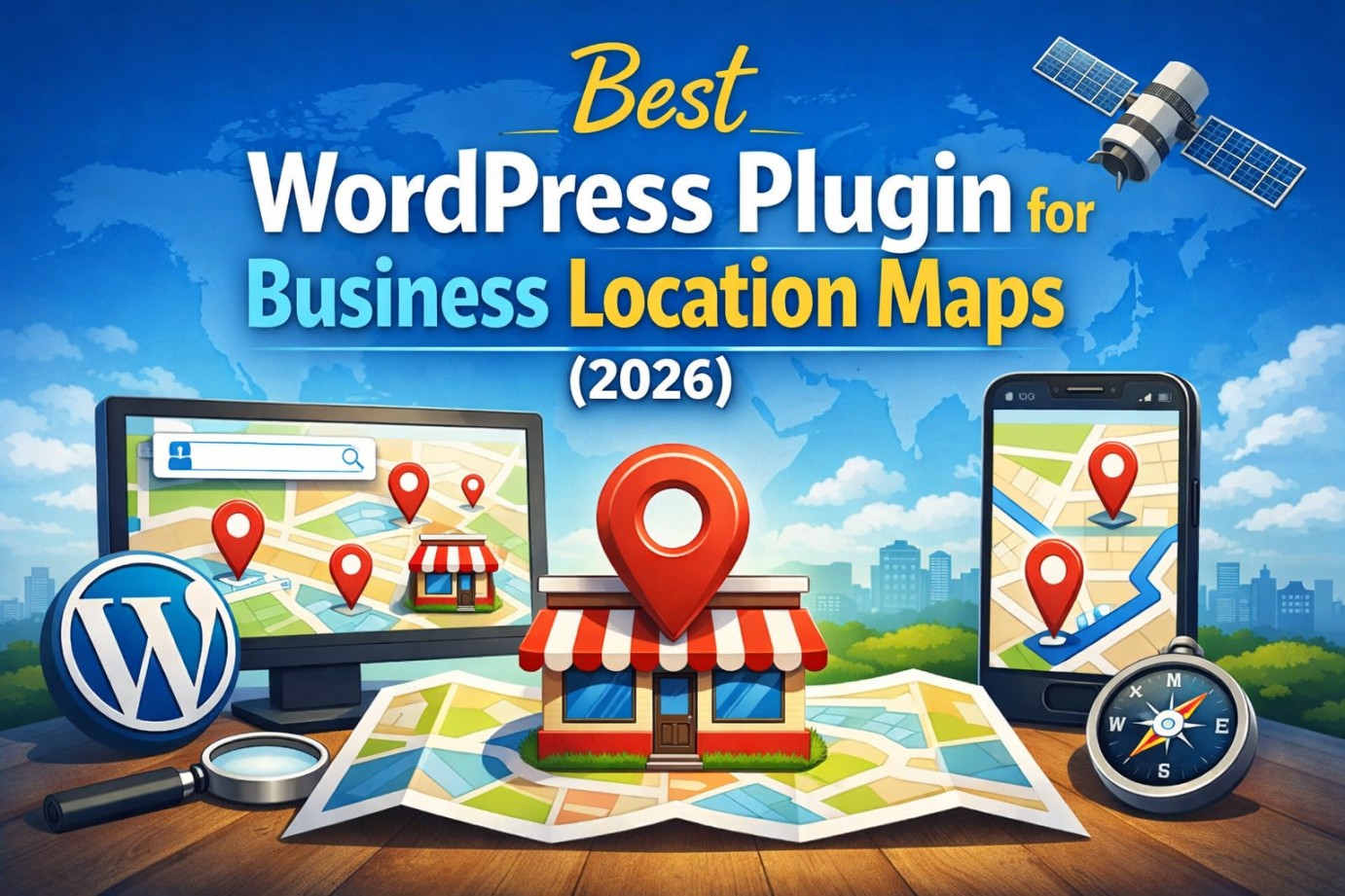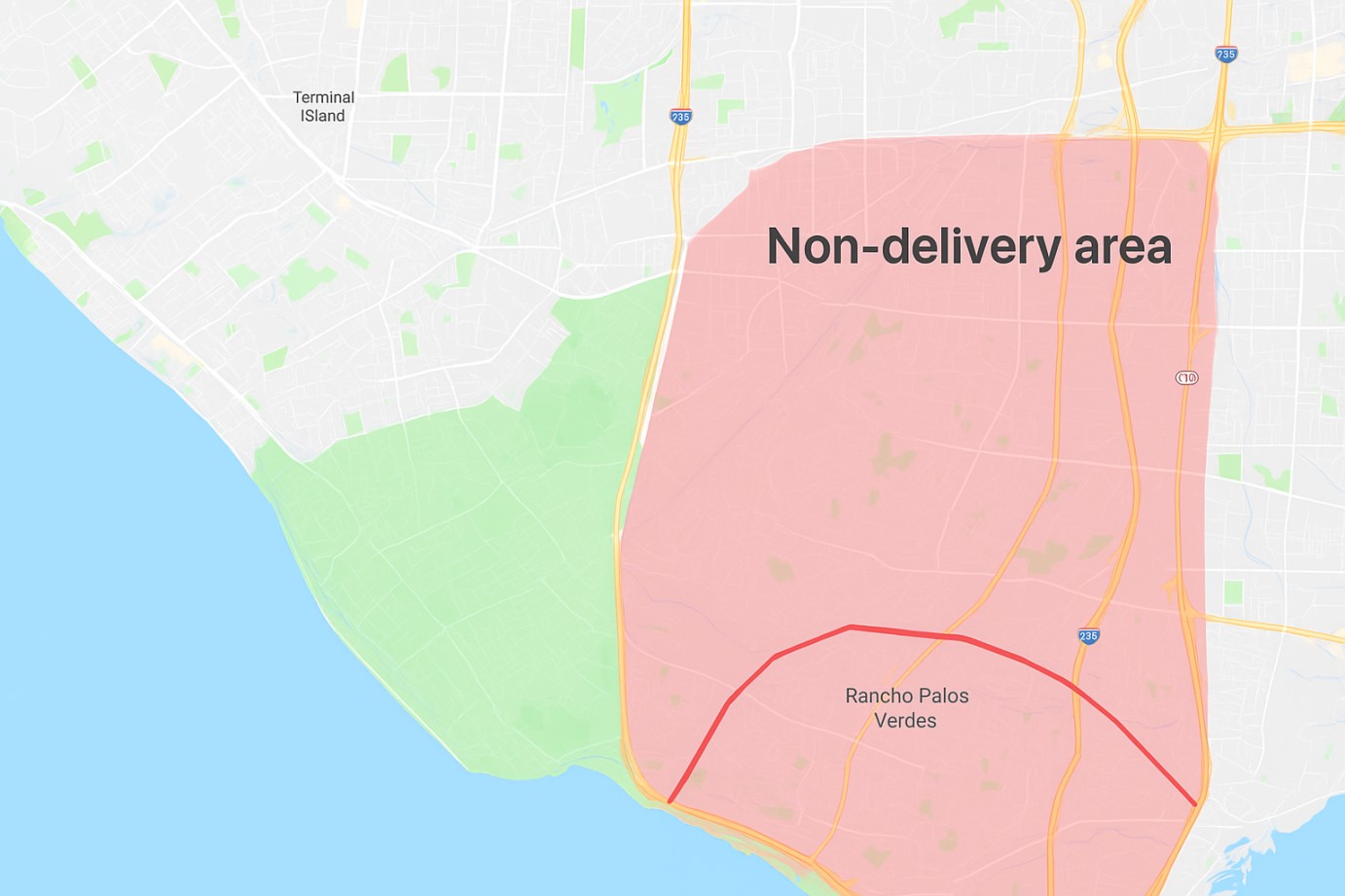This website uses cookies so that we can provide you with the best user experience possible. Cookie information is stored in your browser and performs functions such as recognising you when you return to our website and helping our team to understand which sections of the website you find most interesting and useful.
pre_get_posts filter
Note: If using conditional tags, use the method versions within the passed instance (e.g. $this->is_main_query() instead of is_main_query()). This is because the functions like is_main_query() test against the global $wp_query instance, not the passed one.
To use the pre_get_posts filter, first you have to register it using add_filter. You can write this code into functions.php of your activated theme or in a custom WordPress Plugin.
We at WePlugins, always prefer to create a custom WordPress Plugin while using hooks so nothing breaks when you update your WordPress Theme in the future.
In the below live example, we have defined a function modify_pre_get_posts_defaults which takes 1 parameter and we registered it using add_filter. The first parameter pre_get_posts is the name of the hook, the second parameter modify_pre_get_posts_defaults is the name of the function which needs to be called, the third parameter is the priority of calling the hook if the same hook is used multiple times, and the last parameter is the number of arguments (if any) to be passed in the registered function.
Sometimes, you have to remove a registered hook, so you can use remove_filter to remove the pre_get_posts filter.
Parameters
- $query : (WP_Query) The WP_Query instance (passed by reference).
Below the 1 parameter is required to use this hook.
Live Examples
Example 1: Target Main Category Query with Conditional Tags
This example modifies the main query for category archives to set the number of posts per page to 15.
function weplugins_target_main_category_query_with_conditional_tags( $query ) {
if ( ! is_admin() && $query->is_main_query() ) {
if ( is_category() ) {
$query->set( 'posts_per_page', 15 );
}
}
}
add_filter( 'pre_get_posts', 'weplugins_target_main_category_query_with_conditional_tags' );
Example 2: Modify pre_get_posts Defaults
Below is an example of how you can use this hook to modify the query variable according to your website requirements.
function weplugins_modify_pre_get_posts_defaults($query) {
// Update the $query variable according to your website requirements.
return $query;
}
add_filter( 'pre_get_posts', 'weplugins_modify_pre_get_posts_defaults', 10, 1 );
Example 3: Remove a Hook Callback
To remove a hook callback, use the example below. Ensure you provide the same callback function name, priority, and number of arguments while removing the hook callback.
remove_filter( 'pre_get_posts', 'weplugins_modify_pre_get_posts_defaults', 10, 1 );
Contact Us
If you need customization or have any trouble using this hook, Contact Us and we’d be happy to assist you.
Explore the latest in WordPress
Trying to stay on top of it all? Get the best tools, resources and inspiration sent to your inbox every Wednesday.




